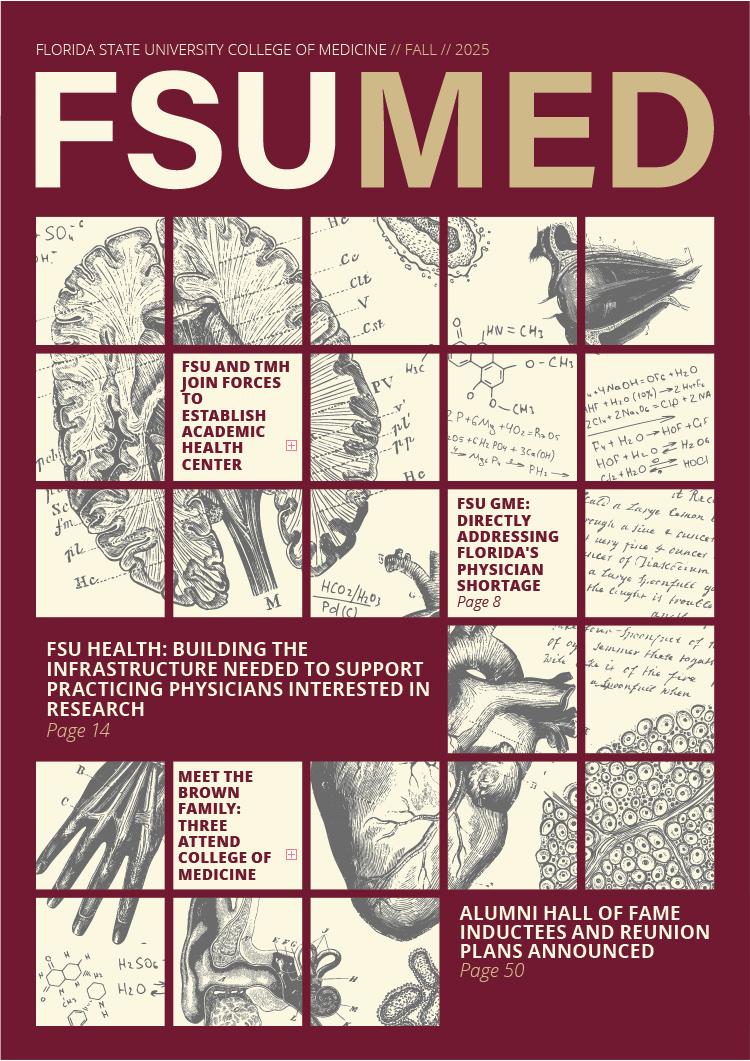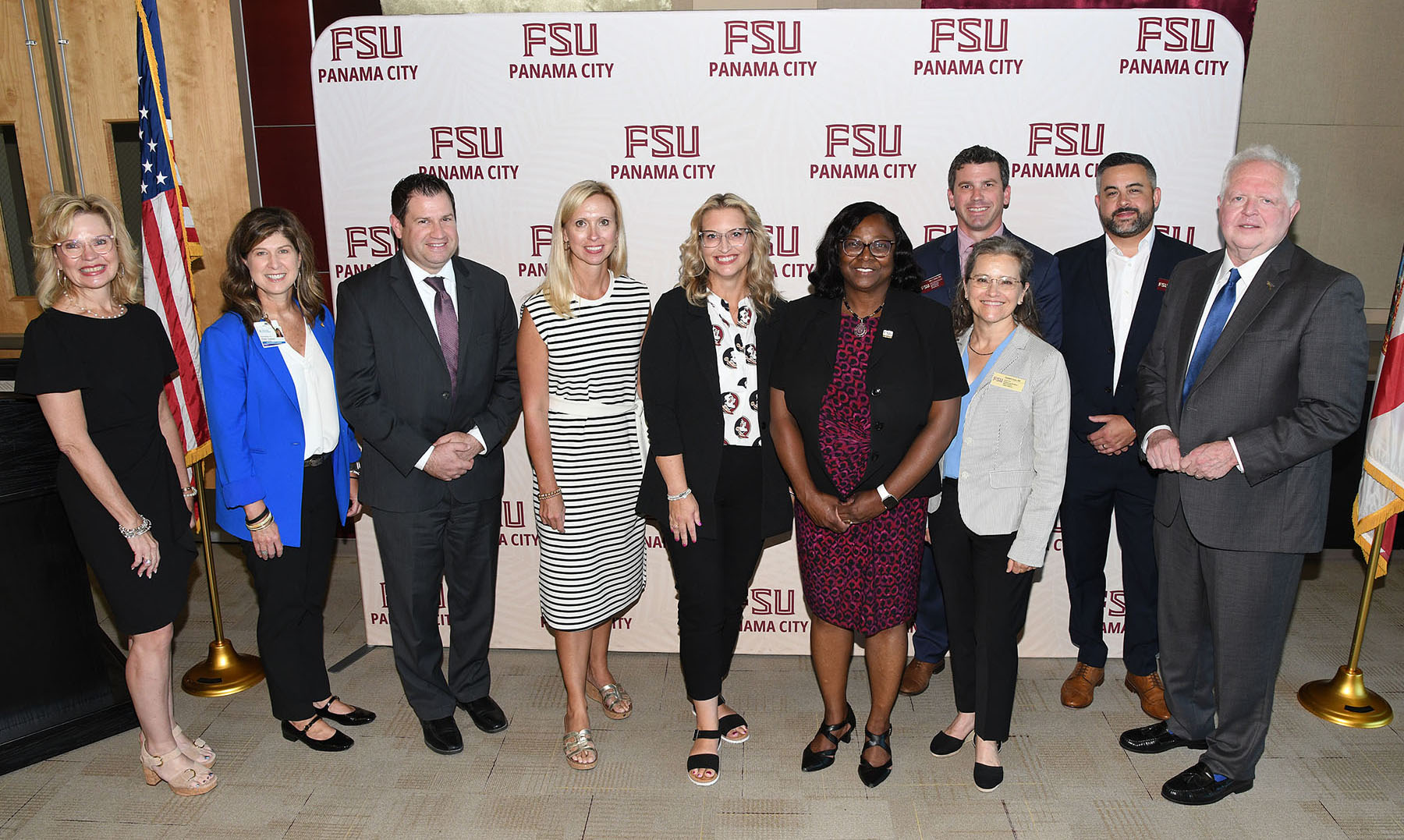We are pleased to announce the promotion of Dr. Alfred Gitu as Lee Health’s new Chief Academic Officer. Since joining Lee Health in 2012, Dr. Gitu has demonstrated exceptional academic leadership and a strong commitment to preparing physicians for the next phase of their careers.
In his new role, Dr. Gitu will oversee education, research and training programs to ensure the highest standards of academic and clinical excellence. He will play a key role in expanding Lee Health’s academic programs, focusing on creating a leading teaching institution in the region and beyond.
Dr. Gitu will also lead the development of innovative programs to expand career opportunities for medical residents. He will champion cutting-edge medical research, enhance training initiatives, and attract top talent from around the world.
“Dr. Gitu is deeply committed to preparing the next generation of physicians and growing a skilled healthcare workforce for Southwest Florida,” said Lee Health Chief Medical Officer, Dr. Iahn Gonsenhauser. “As a core member of our team, he has been instrumental to Lee Health’s success, and I am confident that in his new role, he will further strengthen and elevate both our health system and academic programs.”
Dr. Gitu earned his medical degree from the University of Nairobi in Nairobi, Kenya. Before joining Lee Health, Dr. Gitu was a faculty physician for the Self Regional Healthcare Family Medicine Residency Program in Greenwood, SC, where he had also completed his residency training.
Since joining Lee Health, Dr. Gitu has helped to provide training for resident physicians and medical students in the Florida State University (FSU) College of Medicine Family Medicine Residency Program based at Lee Memorial Hospital. The program welcomed its first class in 2014. In 2018, Dr. Gitu was named the program director. Under his leadership, the program has maintained a 100% board pass rate with zero citations. He spearheaded the expansion of the program from a total of 24 residents a year to 33 residents a year.
Due to the success of the Family Medicine Residency program, Lee Health also collaborated with FSU to create the Internal Medicine Residency Program at Cape Coral Hospital. The program, which takes three years to complete, is approved to accept 20 residents a year for a total of 60 at full capacity.
Lee Health has also received approval from the Accreditation Council for Graduate Medical Education (ACGME) to launch a four-year obstetrics and gynecology residency program and a one-year transitional year program at Cape Coral Hospital, in collaboration with the FSU College of Medicine.
Resident doctors are medical school graduates who are training to specialize in their chosen medical field. According to the Association of American Medical Colleges (AAMC), about 60% of residents choose to practice medicine in the state where they trained. For primary care, the in-state retention rate is 70%.
Training new doctors in the community creates a network of physicians ready to practice medicine in Southwest Florida, addressing the nationwide physician shortage and the healthcare needs of our community. Lee Health’s residency programs play a vital role in preparing physicians to help treat Southwest Floridians with the high-quality, innovative healthcare the community trusts.
(Note: This article was published in the South Florida Hospital News)



